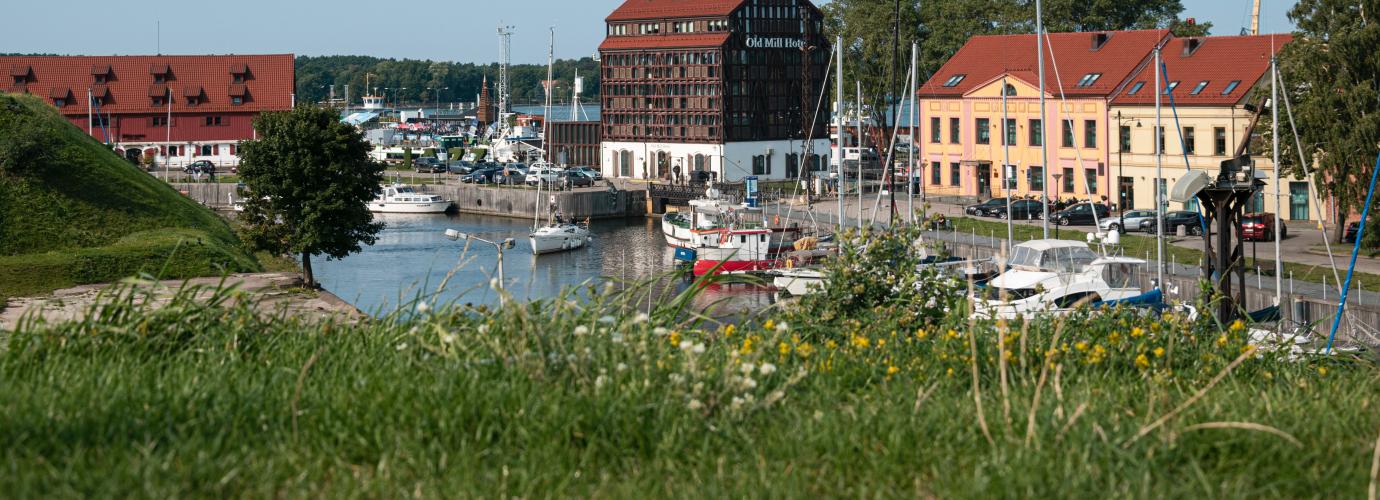In 2010, the Conceptual Framework of Non-Traditional Education was adopted. It was aimed at defining the role of non-traditional education in the Lithuanian educational system and the status, functions and basic activities of educational institutions providing programmes of non-traditional education.
The main provisions of the Conceptual Framework respond to the diversity of the community educational needs and realise the right of both the parents and children to choose the type of education that corresponds to their values, world outlook and also religious and philosophical beliefs. They ensure the consistent and free development of the child’s individuality and personality and validate the need for the individual’s meaningful self-expression. Establishment of educational institutions based on alternative education structures increases the range of choice, expands the institutional diversity of Lithuanian education, promotes modernisation of the educational process and emergence of alternative teaching methods, as well as reflects and reinforces the dissemination of the democratic origins in the Lithuanian education system.
According to the Conceptual Framework of Non-Traditional Education (2010), alternative education is the type of education implemented according to the formal (primary, basic and secondary), and (or) non-formal (pre-school, pre-primary and other non-formal) education curricula based on some unique pedagogical system (Maria Montessori, Waldorf, Shin'ichi Suzuki, etc.) or its separate elements.
Non-traditional education is part of the education system that is consistent and equivalent to the traditional system of education and comprises formal (except for vocational training and higher education) and non-formal education of children. Non-traditional education is implemented in non-traditional schools and in traditional schools according to the curriculum of primary and (or) other non-formal education.
General education schools using the non-traditional education systems base education on general education curricula tailored to their own needs or develop their own curricula that have to be registered in line with the procedure established by the Minister of Education, Science and Sports. Non-traditional general education schools work in accordance with their own education plans which conform to the general education plans, are coordinated with the school founder and confirmed by an order of the school principal.
The total number of subjects and hours allocated to individual discrete subjects during the entire period of schooling (grades 1–4) may not be more than 25% different from subjects specified in the state general teaching plans and the number of hours allocated to individual discrete subjects. In a non-traditional general education school, the duration of organising the education process (days, weeks or the entire school year) may differ from the duration of organising the education process in a traditional school. Alternative schools are free to choose teaching methods and strategies to help realise their goals of education. They can create a unique learning environment, develop and use specific teaching materials and school achievement assessment systems.
In 1993, the Lithuanian Waldorf Pedagogy Centre was established. This Centre is a member of the International Association of Waldorf schools. The Centre disseminates the ideas of Waldorf pedagogy and promotes their creative application in Lithuania. It is also engaged in the activities of translating and publishing pedagogical and philosophical literature. The essence of Waldorf pedagogy lies in making the content of education face the child. The focus is placed on human values helping the child disclose his/her personality and seek for what is good and beautiful.The content of education is finely tuned to the regularities of the child’s spiritual development and helps the child find himself/herself and cope with certain critical moments that may arise at various age ranges in the child’s development. Education helps develop and unfold pupils’ intellect, feelings and willpower.
In 1993, the Maria Montessori Centre was established in Vilnius. In 1994, a kindergarten-school named after Maria Montessori was founded in Kaunas. In 1999, the Lithuanian Maria Montessori Association was re-registered in Lithuania. At present, Lithuania has one kindergarten-school, one primary school and the Vilnius-based Maria Montessori Method Centre which employ the Montessori methods in education. Within the framework of the Maria Montessori educational system, a particular enphasis is placed on the child’s individual activities. The basis for such activities is provided by the specially created educational environment adjusted to suit the different stages of the child’s development and the teacher who has the professional qualifications to apply the methods of the Maria Montessori educational system in his/her work.
Alongside the principles of the Lithuanian education system, the Maria Montessori school adhers to its basic principles such as freedom in discipline, equality of rights, distinction, efforts to sustain the child’s positive activities, promote his/her self-control to avoid mistakes and achieve unity between the school and the children’s families.
In 1998, the Lithuanian Shin'ichi Suzuki Association of Music Teachers was registered. It initiated the teaching of music to children according to the Shin'ichi Suzuki method. In 2000, the introductory course to present the Shin'ichi Suzuki method was organised. In 2002, the Shin'ichi Suzuki School was granted the status of a primary school and the first pre-primary and primary classes were formed. The Shin'ichi Suzuki method is referred to as the mother tongue method and is based on a purposeful music education. The main principle of the Shin'ichi Suzuki method is the belief that there are no unapt children and that every child possesses talent that has to be revealed by starting to teach the child as early as possible.

